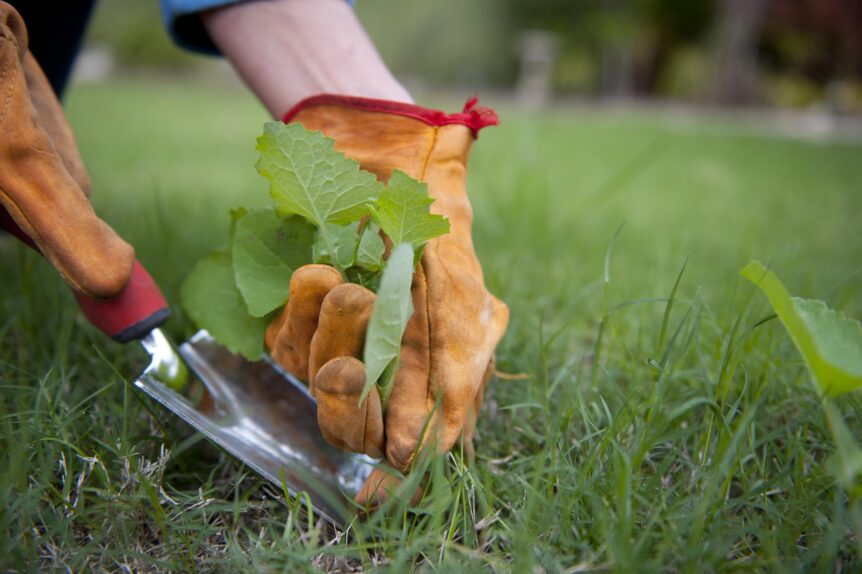Managing Weeds in Florida Lawns
Florida’s warm climate provides the perfect environment for a variety of weeds to thrive. Left unchecked, these intruders can quickly take over your lawn, competing with grass for nutrients, water, and sunlight. Managing weeds effectively requires a combination of prevention, proper lawn care, and timely treatment.
Common Weeds in Florida Lawns
- Crabgrass: Known for its aggressive growth, crabgrass is a summer annual that thrives in the heat. It typically invades areas where the grass is thin or the soil is compacted.
- Dollarweed: This broadleaf weed is common in moist, poorly drained areas. Its round, coin-like leaves are easy to spot, and it can quickly spread if not controlled.
- Sedge Weeds: Sedge weeds, such as nutsedge, are grass-like plants that grow rapidly in warm, wet conditions. They can be tough to control due to their deep-rooted tubers.
Preventive Strategies
- Maintain a Healthy Lawn: A thick, well-maintained lawn is your best defense against weeds. Proper mowing, watering, and fertilization create an environment where grass can outcompete weeds.
- Proper Mowing: Mow your lawn at the appropriate height for your grass type. For example, St. Augustine grass should be kept at 3.5 to 4 inches. This height helps shade the soil and reduce weed seed germination.
- Regular Fertilization: Use a balanced fertilizer that promotes healthy grass growth, which helps crowd out weeds. Avoid over-fertilizing, as this can encourage weed growth.
Weed Control Methods
- Hand Pulling: For small infestations, hand-pulling weeds can be effective, especially when the soil is moist. Be sure to remove the entire root to prevent regrowth.
- Herbicides: Use pre-emergent herbicides in early spring to prevent annual weeds like crabgrass from germinating. Post-emergent herbicides can be applied to actively growing weeds, but be cautious and follow the label instructions to avoid harming your lawn.
- Mulching: Mulching garden beds and around trees can prevent weeds from establishing in those areas by blocking sunlight from reaching weed seeds.
Sustainable Practices
- Integrated Pest Management (IPM): Combine cultural, mechanical, and chemical controls for effective and environmentally responsible weed management. For instance, using organic mulches and spot-treating weeds with herbicides can reduce the overall chemical use on your lawn.
- Use of Native Plants: Incorporating native plants into your landscape can reduce the need for chemical treatments. Native species are more resistant to local pests and weeds, reducing competition.
External Resources
For more in-depth guidance on weed control, visit the University of Florida’s IFAS Gardening Solutions and the UF/IFAS Extension pages.
Weeds in Florida Lawns – FAQs
Q: What’s the best time of year to apply pre-emergent herbicides in Florida?
A: Early spring and early fall are the best times to apply pre-emergent herbicides, as this targets weeds before they germinate.
Q: Can I control weeds without using chemicals?
A: Yes, a combination of proper lawn care, mulching, and hand-pulling can help manage weeds naturally. However, for severe infestations, chemical treatments might be necessary.
For expert help managing weeds in Florida lawns, contact Lawn Care Extraordinaire today! We offer comprehensive lawn care services tailored to Florida’s unique environment.
Lawn Care Extraordinaire has been serving the Venice, Sarasota, and Bradenton communities since 1979, bringing over 48 years of combined experience in lawn care and pest control. As a trusted local company, we specialize in a wide range of services, including lawn fertilization, weed control, pest management, and tree and shrub care. Our commitment to quality service and deep community roots ensure that your lawn stays healthy and beautiful year-round. For more information or to schedule a service.

